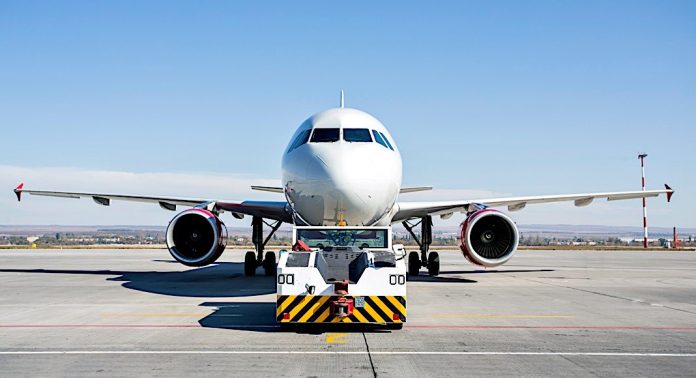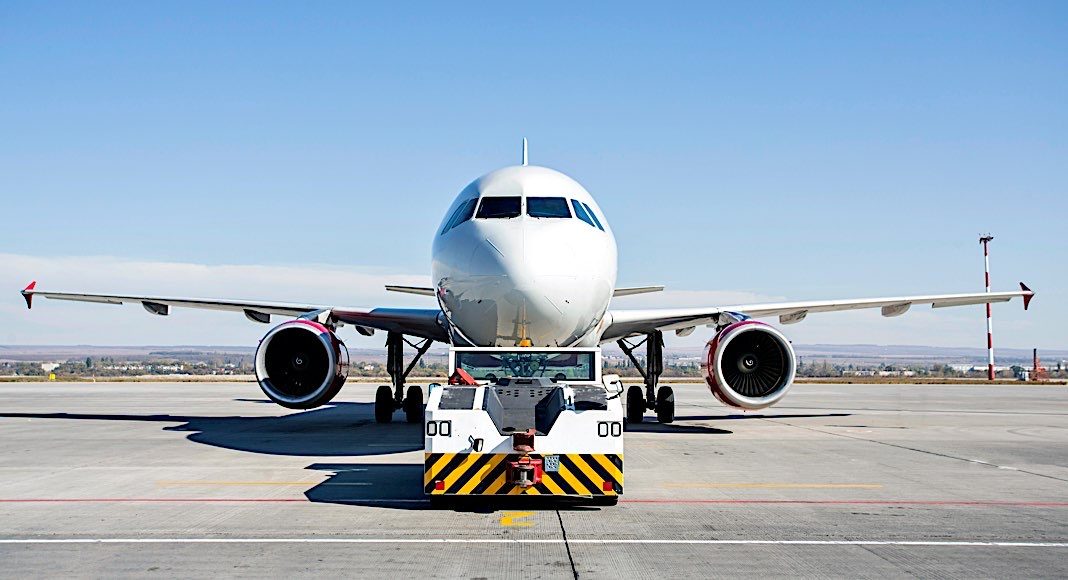
If you have a plane ticket and your flight was canceled due to the coronavirus crisis, the law, both in Europe and in the United States, in principle guarantees your reimbursement. In practice, it's something else …
On both sides of the Atlantic, airlines are resisting and offering "vouchers" (assets) equivalent to the value of the original ticket, rather than a refund. Either clearly or by making reimbursement procedures extremely complicated, they make reimbursement difficult or even impossible to obtain. In the best of cases, some, like Air France, offer a credit that can become refundable if it is not used when it expires, in December 2020. However, both in the United States and in Europe, regulations are clear: a canceled flight, whatever the reason for this cancellation, must be reimbursed. Companies can offer a choice between a credit and a refund, but the final decision rests with the customer.
The airlines do not dispute that by refusing the refund, they are breaking the law. "But it's a matter of survival for companies" Alexandre de Juniac, director general of the International Air Transport Association (IATA), explained at a press conference. Carriers calculate that "refundable" canceled tickets amount to $ 38 billion worldwide. It’s much more than their already bloodless cash can handle. IATA predicts that the global crisis will cause more than 252 billion losses for airlines worldwide.
Beyond the inability of bloodless companies to pay today, the issue is also that of the post-crisis period. “Even when traffic picks up, it won't happen overnight; companies will have to fly with more or less full planes, therefore at a loss. To hold during this recovery, it will be necessary to have solid kidneys, so cash"Explains an executive from a French company.
$ 25 billion in aid
Faced with this resistance from the airlines, reactions have been different on both sides of the Atlantic. In the United States, against all odds, it is rather consumer protection that prevails. On Friday, April 3, the Department of Transportation (DOT) issued a call to order, which is directed to both US and foreign companies if they operate in the United States. Recalling that “the companies have for a long time proceeded to reimbursements including during massive cancellations, as for example after September 11, 2001 ”, the administration is asking companies to reimburse tickets and not just offer a credit. A few days earlier, nine senators had written to American companies reminding them of their obligation, drawing in particular from the fact that Congress “just voted exceptional aid of more than 25 billion dollars to the sector ”, and that this public money should first be used to reimburse passengers. American companies have all vowed to abide by the law, but to encourage customers to choose to have it rather than a refund, Delta announced on Friday that vouchers would be valid for two years, until May 2022.
On the other hand, in Europe, the authorities seem to be more favorable to the airlines. If the Commission recalled the law and the obligation to reimburse at the end of March, the states began to grant exceptions. Last week, France suspended the reimbursement obligation for “package travel” (ie including flight and hotel accommodation or any other service), as well as services (hotels, car rentals , etc). From now on, the traveler can only claim a credit, valid for 18 months. If you have not "consumed" this credit within 18 months, you will then be entitled to a refund, provided of course that the service provider is still active.
Dry flights remain excluded from this French easing, because they fall under a European regulation, but more and more States are putting pressure on Brussels to change that. At the start of the crisis, the European Commission had already classified the coronavirus as “force majeure”, thus removing the compensation that companies must in principle pay to passengers on canceled flights, in addition to reimbursing the cost of the ticket. (These statutory indemnities do not exist in the United States). For the time being, the European Commissioner for Transport, Adina Valean, is adamant about the obligation to reimburse. By taking the extra step that companies and member states ask, the European Commission would in fact grant aid to a sector in difficulty, but would do so at the expense of passengers.
This repayment obligation on both sides of the Atlantic only applies to flights canceled by airlines. If the passenger decides to cancel, the usual rules apply: depending on the type of ticket purchased, changes or cancellations are possible or not. However, in the face of the crisis, a large number of airlines have decided to change these rules and offer passengers the possibility of changing their flights, free of charge even when the initial ticket was not.







